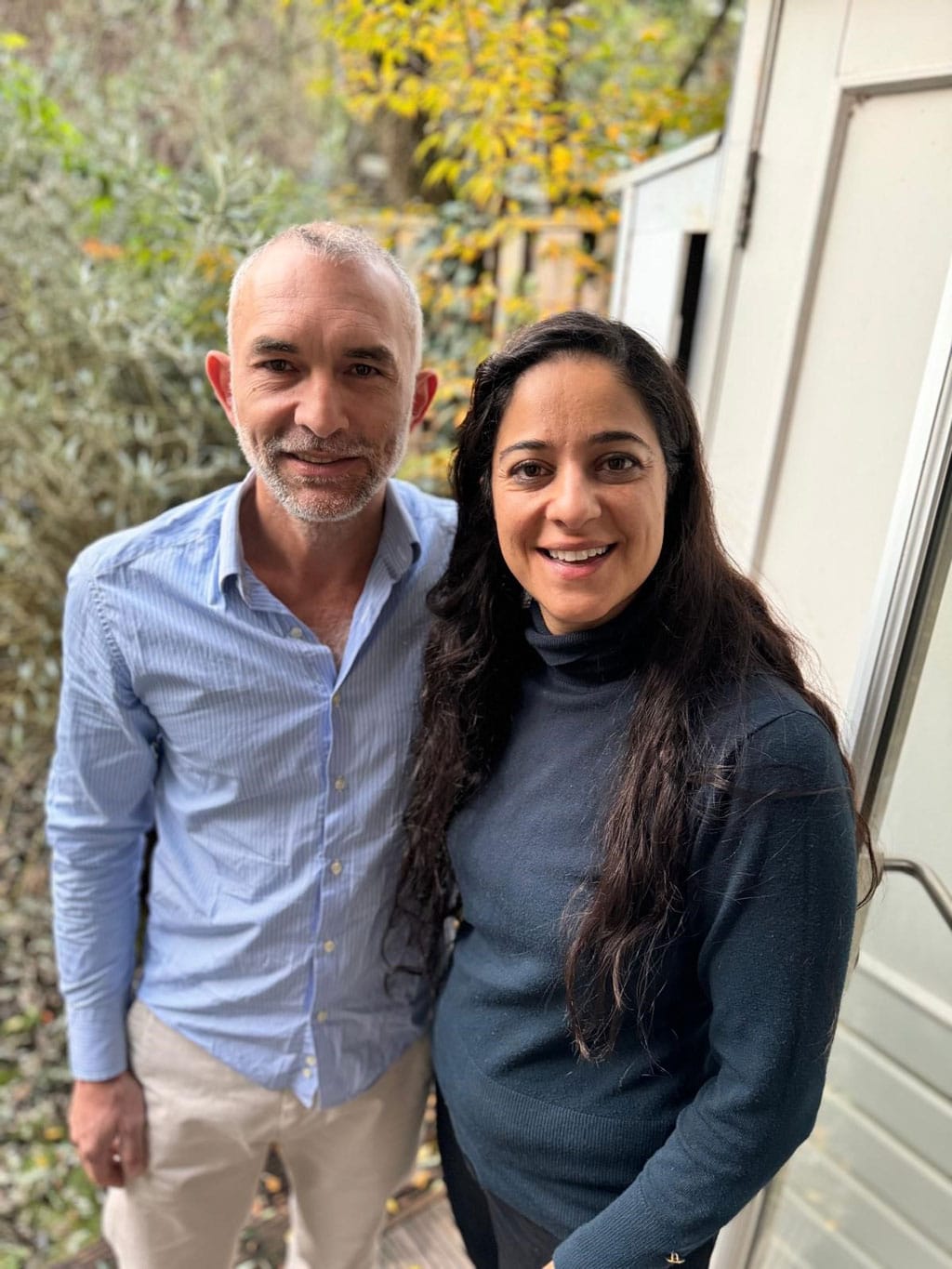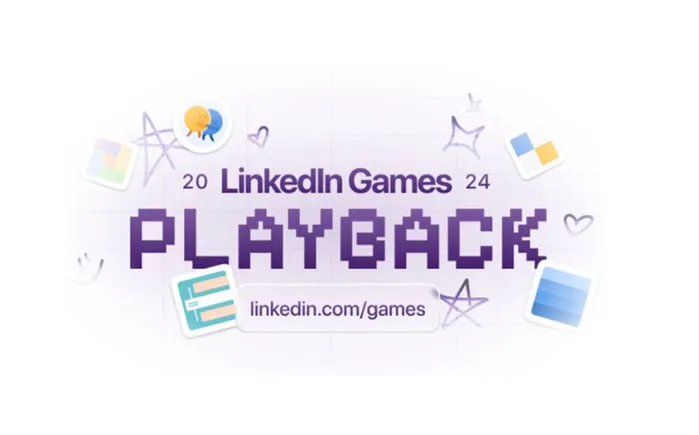In a world increasingly defined by remote work, ensuring effective communication has emerged as one of the most significant challenges for organizations. Ellen Maier, Human Resources Director at Zignaly, offers a blueprint for fostering productivity, trust, and alignment within a distributed workforce. Drawing from her experiences at the remote-first blockchain company, Maier shares insights in her interview with me on strategies for inclusive communication and the importance of flexibility in maintaining employee engagement and organizational success.
Flexible Work as a Foundation for Trust
Zignaly’s approach to work flexibility is a cornerstone of its organizational culture. Employees have the freedom to design their schedules, enabling them to balance personal and professional commitments seamlessly. This adaptability fosters trust among team members and management.
“For us, having flexible hours is a game-changer,” says Maier. “It gives people the freedom to work in the way that suits them best, whether that means taking their kids to school or engaging in activities that recharge them. This not only lifts spirits but keeps productivity high, as employees deliver better results without being constrained by traditional nine-to-five expectations.”
Such a setup reflects a growing recognition among forward-thinking companies that autonomy and flexibility can lead to a more motivated and efficient workforce.
Tools and Processes for Measuring Productivity
While flexibility offers many benefits, it also demands a robust framework to maintain accountability and productivity. Zignaly relies on tools like Asana for project management, which has proven pivotal in fostering collaboration and clarity.
“Asana allows us to establish clear tasks and set transparent goals,” explains Maier. “Everyone stays on the same page, which is critical for maintaining accountability in a remote environment. It helps us work toward shared objectives while ensuring that no one feels isolated or disconnected from the broader team.”
Regular check-ins and clear goal-setting are integral to Zignaly’s approach, as is an annual in-person gathering that reinforces team cohesion. “These meetups allow us to plan for the year ahead, collaborate on key projects, and build stronger personal connections that aren’t always possible through screens,” Maier notes.
Inclusive Communication Beyond the Office
One of the most significant challenges in remote work is ensuring effective communication across time zones and cultural contexts. Zignaly addresses this by emphasizing asynchronous communication and discouraging an always-on mentality.
“It’s important to recognize that your teammates’ time is not your time,” Maier says. “We’ve made it clear that just because someone sends an email or message doesn’t mean it requires an immediate response, especially if they’re in a different time zone. This respect for boundaries ensures that everyone can disconnect and recharge, which ultimately leads to better performance.”
Encouraging asynchronous communication not only helps reduce burnout but also promotes inclusivity by accommodating the diverse working styles and needs of a global team.
Supporting Junior Employees in a Remote Setting
Integrating junior team members into a remote-first organization requires deliberate effort. At Zignaly, the focus is on hiring individuals with a growth mindset who thrive in a flexible environment.
“We look for people who are self-managed and independent,” says Maier. “This is especially critical for juniors, as they need to feel empowered to take initiative and seek out opportunities for growth without relying on micromanagement.”
The company also places a strong emphasis on aligning new hires with its core values and mission. “Having a clear sense of purpose and shared values is essential,” Maier adds. “It gives employees the drive to not only meet expectations but exceed them.”
The Future of Remote Work
As the remote work landscape evolves, organizations must adapt to attract and retain top talent. Maier believes that companies resistant to remote or flexible setups risk losing valuable employees.
“People want to work for companies that respect their time and provide opportunities for balance and growth,” she says. “In the future, the best companies will be those that differentiate themselves through their culture and commitment to employee well-being.”
For Zignaly, this means continuing to refine its approach to remote work while staying true to its values. By prioritizing inclusive communication, fostering trust, and maintaining flexibility, the company is well-positioned to thrive in an increasingly competitive global talent market. These priorities match what I advise my clients who want a flexible work model, and Zignaly truly represents an example of best practices.
As Maier aptly summarizes, “The ability to disconnect and engage with your real life is what recharges you and allows you to come back stronger. That’s the secret to sustainable success in remote work.”
Have you read?
Countries ranked by the percentage of the workforce that is made up of women.
Countries with the most (and least) personal space.
World’s Most (And Least) Religious Countries.
Best Countries to Invest In Travel, Tourism, and Hospitality.
Add CEOWORLD magazine to your Google News feed.
Follow CEOWORLD magazine headlines on: Google News, LinkedIn, Twitter, and Facebook.
Copyright 2024 The CEOWORLD magazine. All rights reserved. This material (and any extract from it) must not be copied, redistributed or placed on any website, without CEOWORLD magazine’ prior written consent. For media queries, please contact: info@ceoworld.biz



































































